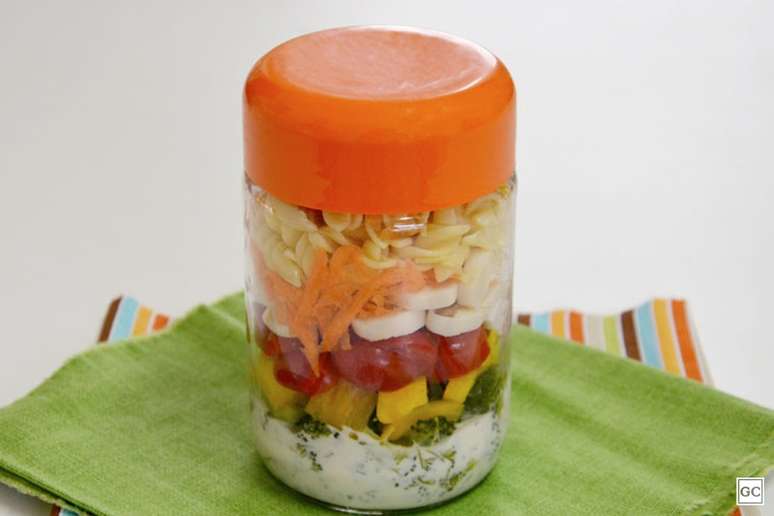Additionally, these chemicals interfere with the absorption of key nutrients, including vitamins D and B. Caffeine also stimulates the adrenal cortex, further activating cortisol production, which is already elevated during stress. So, by hiding stress behind seemingly temporarily received energy, we only exacerbate the situation.
Another well-known “stimulant” is alcohol. Despite the widespread belief that a glass of wine a day has a beneficial effect on the body, helps to calm down and relax, numerous studies prove the opposite. Either way, alcohol can cause insomnia, blood sugar spikes, and dehydration. As a result, stress does not disappear, but only worsens. In addition, for example, red wine can cause severe headaches, accompanied by nausea and flushing. In English, they received a generalized name – “red wine headache”.
The third most common stimulant is sugar and other carbohydrate-rich foods, which many people develop cravings for during times of stress because the cortisol released signals the body to store energy and we are drawn to something. something quickly digestible and high in calories.
The fact is that simple sugars not only “kick” our insulin levels, but they also eliminate, during metabolism, a large amount of minerals, such as magnesium, which plays a key role in the balance of the nervous system.
The best foods to reduce stress









